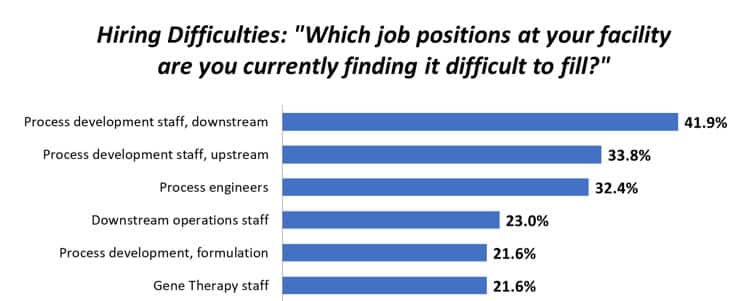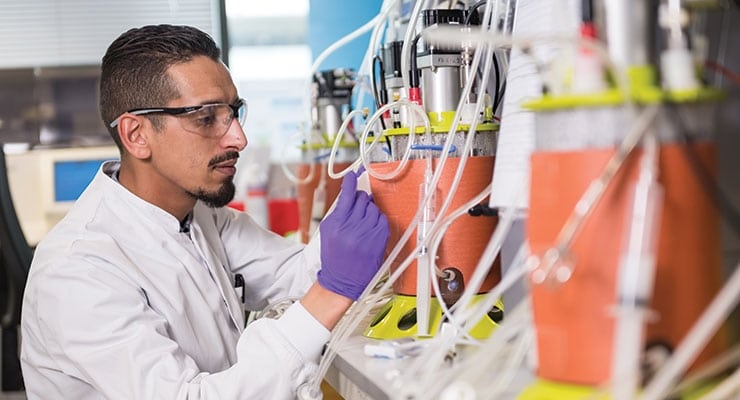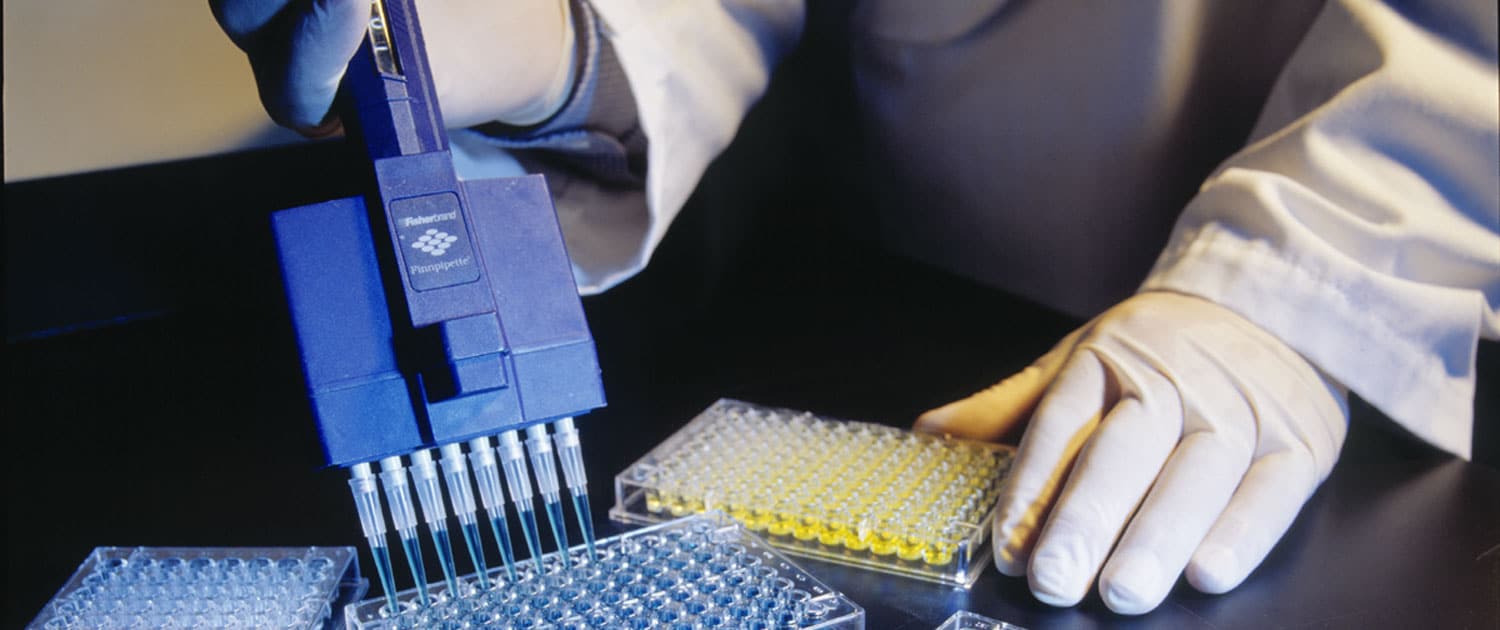Biotech Hubs, Incubators and Clusters: Why You Need More Than Just Lab Space
Attendees of last month’s 2021 Biotech Start-up Symposium gained a myriad of insights into the venture capital process while also hearing from several successful biotech startups and companies. Eric Langer of BioPlan Associates, Inc. however, provided attendees with insights about a slightly different but no less important topic – biotech hubs and clusters.
For biotech startups, these incubators play a critical role in the growth of new tech, especially in the early stages of development. They speed up the development process, reduce early phase development uncertainties and, most importantly, shorten time-to-market.
However, as Mr. Langer explained during his presentation, they are not all created equal. There are different types, each with a different purpose and motivation. Regional hubs may be focused solely on keeping jobs and opportunities local. While the motivation of real-estate focused incubators may not always be aligned to graduate tenants because leasing commercial space is their bread and butter. The challenge is to find the incubator that is right for you and your growing start-up but lab space often isn’t enough – there is a need for deeper support. As Mr. Langer said during his presentation, “If they’re not shortening time-to-market, then you’re missing an opportunity – and they are as well. Their job is to launch full-baked companies. If they don’t, they are not doing their job. Incubators can be considered a service firm and you are their raw material. Their finished product is a commercialized entity. Commercialization is where these hubs create value.”
“If they’re not shortening time-to-market, then you’re missing an opportunity – and they are as well.
~Eric Langer, BioPlan Associates, Inc.
Access to venture capital is vital for growing companies. Hubs and clusters with proximity to capital can result in faster time-to-market. According to Mr. Langer, “Funding mechanisms can be concentrated with incubators, which can support the investment process, and act as a resource for finding funding, introductions, and opportunities. Some provide management teams to accelerate more rapidly. Some accelerators are backed by multiple corporations providing operational funding.
But their needs go beyond venture capital. A broad array of “soft” support services is also needed. These services can include access to basic equipment and advanced technology as well as training. While some incubators, hubs and bioclusters may be able to provide low-cost access or discounted rates on supplies, help with acquiring talent is potentially the most critical success element.
Mr. Langer wrapped up his presentation by providing attendees with one key question to ask when looking for a biotech hub, incubator or cluster, “What is your incubator doing to speed discovery, enhance investment, and shorten your time to market?”
If you can answer that question, you are on the road to success.








